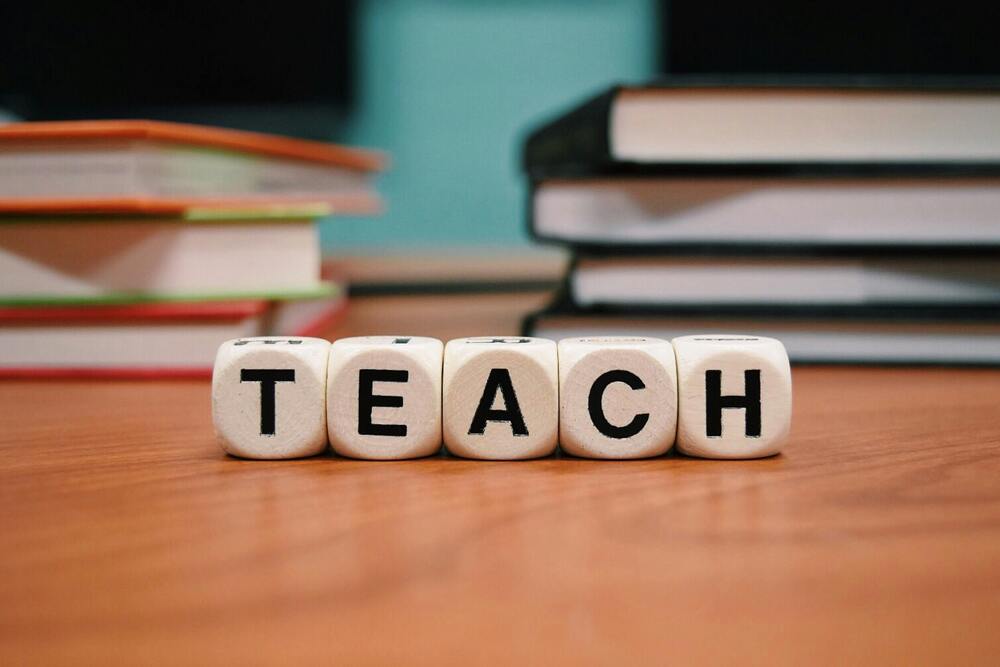In today’s fast-paced digital world, the ability to navigate technology is no longer just an advantage; it’s a necessity. As students step into the 21st century, digital literacy has become a fundamental skill that shapes their educational experiences and future career opportunities. ?? This blog explores the importance of digital literacy, backed by compelling statistics and insights, to highlight why it is crucial for students to develop these skills.

Understanding Digital Literacy
Digital literacy encompasses a range of skills, including the ability to find, evaluate, and communicate information using digital technologies. According to a report by the International Society for Technology in Education (ISTE), 90% of jobs in the future will require some level of digital skills. This statistic underscores the urgency for students to become proficient in digital tools and platforms.
The Current State of Digital Literacy
A recent survey conducted by the Pew Research Center revealed that only 37% of students feel confident in their digital skills. This gap in confidence can lead to significant challenges in both academic and professional settings. To illustrate this, let’s take a look at the following table, which highlights the key areas where students often struggle with digital literacy:
| Digital Skill Area | Percentage of Students Struggling (%) | Emoji |
|---|---|---|
| Online Research | 45% | ? |
| Data Analysis | 60% | ? |
| Cybersecurity Awareness | 55% | ? |
| Digital Communication | 50% | ? |
| Content Creation | 65% | ✍️ |
As we can see, a significant number of students face challenges in various aspects of digital literacy. This not only affects their academic performance but also their readiness for the workforce.
The Impact of Digital Literacy on Education
Digital literacy plays a pivotal role in enhancing the educational experience. A study by the New Media Consortium found that 78% of educators believe that digital literacy is essential for student success. Here are some ways digital literacy positively impacts education:
- Enhanced Research Skills: Students equipped with digital literacy skills can efficiently locate and evaluate information, leading to better research outcomes. ?
- Improved Collaboration: Digital tools facilitate collaboration among students, allowing them to work together on projects regardless of their physical location. ?
- Creativity and Innovation: With access to various digital platforms, students can express their creativity and innovate in ways that were previously unimaginable. ?
The Future of Work and Digital Literacy
As we look towards the future, the demand for digital literacy will only increase. According to the World Economic Forum, 85 million jobs may be displaced by a shift in labor between humans and machines by 2025. However, 97 million new roles may emerge that are more adapted to the new division of labor. This means that students must be prepared to adapt to a rapidly changing job market.
To further illustrate the importance of digital literacy in the workforce, consider the following table:
| Industry | Percentage of Jobs Requiring Digital Skills (%) | Emoji |
|---|---|---|
| Information Technology | 95% | ? |
| Healthcare | 80% | ? |
| Education | 75% | ? |
| Finance | 85% | ? |
| Marketing | 90% | ? |
The statistics clearly show that digital skills are not just beneficial but essential across various industries.
Strategies for Enhancing Digital Literacy
To ensure that students are equipped with the necessary digital skills, educators and parents can implement several strategies:
- Integrate Technology in the Classroom: Schools should incorporate digital tools into their curriculum to familiarize students with technology. For example, platforms like Khan Academy offer free resources that can enhance learning.
- Promote Online Safety: Teaching students about cybersecurity and safe online practices is crucial. Websites like Common Sense Media provide valuable resources for parents and educators.
- Encourage Critical Thinking: Students should be taught to critically evaluate online information, distinguishing between credible sources and misinformation.
Conclusion
In conclusion, digital literacy is not just a skill; it is a vital component of education and future employment. As we navigate through the complexities of the 21st century, it is imperative that students develop these skills to thrive in an increasingly digital world. By prioritizing digital literacy, we can empower the next generation to succeed academically and professionally. ?
As we move forward, let’s work together to ensure that every student has the opportunity to become digitally literate, paving the way for a brighter future.



